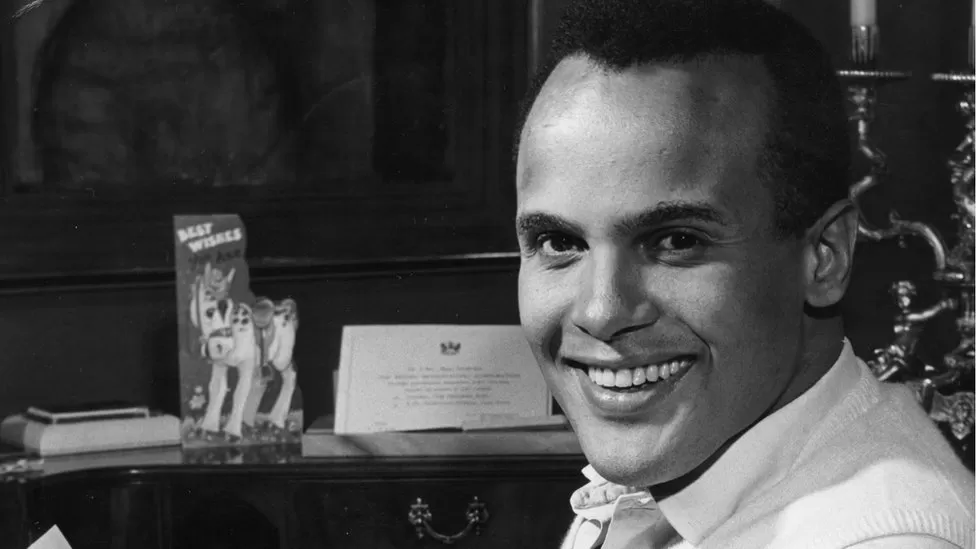Harry Belafonte's "The Banana Boat Song," also known as "Day-O," is a timeless classic that has captivated audiences for decades. This iconic track not only cemented Belafonte's status as a calypso music legend but also carried a deeper message about the struggles of the working class. In this article, we'll delve into the origins, meaning, and lasting impact of "The Banana Boat Song."
Origins of "The Banana Boat Song"
"The Banana Boat Song" is a traditional Jamaican folk song with roots in the island's rich cultural heritage. The song was popularized in the 1950s by Harry Belafonte, an artist of Jamaican and Martiniquan descent. Born in Harlem, New York, Belafonte spent part of his childhood in Jamaica, where he absorbed the culture and was exposed to the music that would later shape his career.
Belafonte's rendition of "The Banana Boat Song" was released in 1956 as part of his album "Calypso," which became the first LP to sell over a million copies. The song skyrocketed in popularity, leading to a calypso craze that swept the United States and beyond. Belafonte's charisma and distinctive voice, combined with the infectious rhythm of the song, created a hit that transcended racial and cultural boundaries.
Trailblazer Harry Belafonte Passes Away at 96 - Related article -
The Meaning Behind the Song
Despite its upbeat tempo and catchy melody, "The Banana Boat Song" carries a deeper meaning, portraying the struggles of Jamaican dockworkers. These workers, known as "tallymen," were responsible for counting the bananas loaded onto ships for export. The song's lyrics tell the story of underpaid and overworked laborers demanding fair compensation for their efforts.
In a 2011 interview, Belafonte explained that "The Banana Boat Song" was inspired by the street vendors he encountered during his time in Jamaica. He described the song as a "work song" and a "song of rebellion," reflecting the workers' determination to stand up for their rights and dignity.
The Banana Boat
Impact and Legacy of "The Banana Boat Song"
"The Banana Boat Song" not only became a chart-topping hit but also had a lasting impact on the music industry and pop culture. The song played a significant role in introducing calypso music to a broader audience, opening doors for other Caribbean artists to gain recognition. Additionally, Belafonte's success with "The Banana Boat Song" helped to break racial barriers in the entertainment industry during a time when the United States was still heavily segregated.
Over the years, "The Banana Boat Song" has been covered by numerous artists and featured in various movies, television shows, and commercials, demonstrating its enduring appeal. In 2018, the song was inducted into the Library of Congress' National Recording Registry, recognizing it as a culturally, historically, or aesthetically significant work.
Harry Belafonte's "The Banana Boat Song" remains an iconic piece of musical history that continues to resonate with listeners worldwide. The song's catchy melody and powerful message have made it a timeless classic, while its impact on the music industry and the fight for social justice is a testament to Belafonte's artistry and activism. As we celebrate the life and legacy of Harry Belafonte, "The Banana Boat Song" stands as a shining example of how music can bring people together and inspire change.










